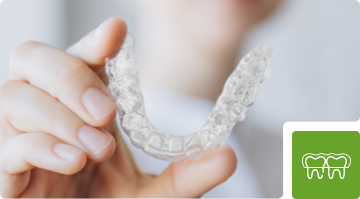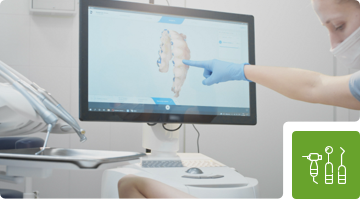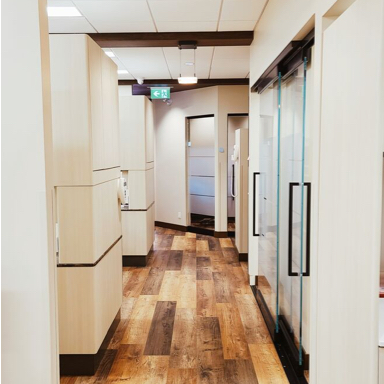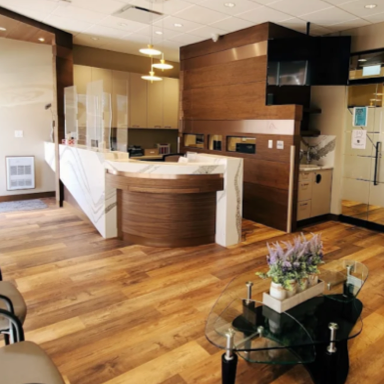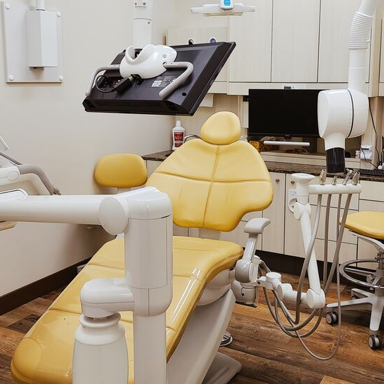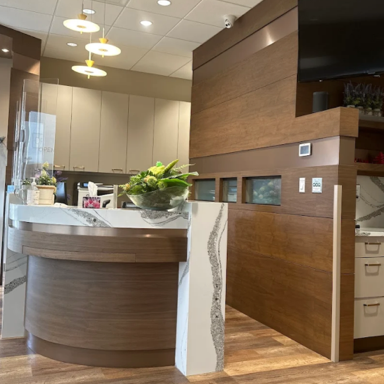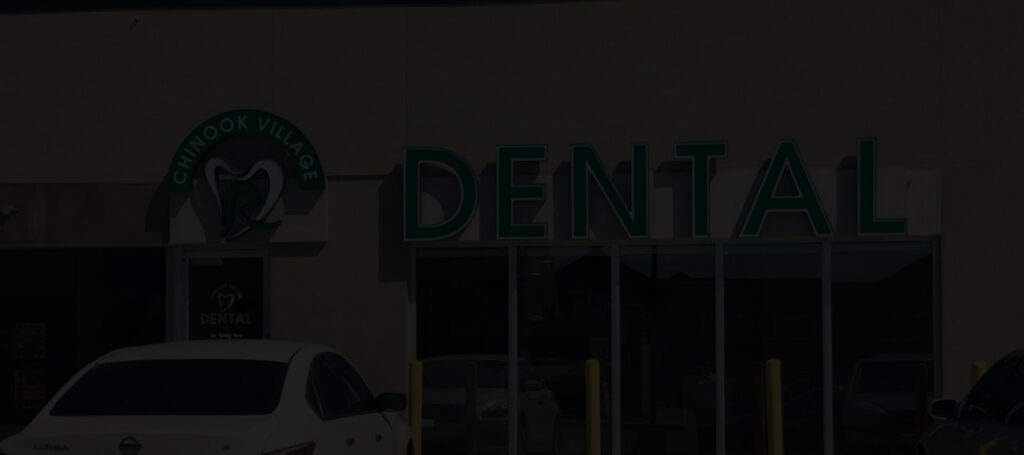When wisdom teeth start to make their grand entry into your life, they can bring all sorts of questions and concerns. Wisdom teeth extraction is often discussed, but it’s not always necessary.
If your wisdom teeth aren’t causing any issues, you may not need to have them removed. But when they’re impacted or begin to cause problems, your dentist might recommend removing them to preserve your dental health. In the end, it all comes down to what your dentist notices during your regular oral exams.
What Are Wisdom Teeth?
Wisdom teeth, also known as third molars, are typically the last set of teeth to come in. Most people first notice them in their late teens or early 20s. Usually, there are 4 wisdom teeth tucked into the back corners of your upper and lower jaw. However, some people are lucky enough never to develop all 4, while others may not have any at all.
Wisdom teeth were essential to our ancestors’ diets, which consisted of tough, coarse foods that often wore down teeth. These extra molars helped keep early humans chewing when other teeth were no longer functioning.
Fast forward to today, our diets are much softer, and thanks to modern dentistry, we rarely lose our teeth from chewing wear. Unfortunately, while our jaws have become smaller over time, wisdom teeth continue to develop, which can lead to potential issues due to overcrowding or misalignment.
Are Wisdom Teeth Always a Problem?
Wisdom teeth are infamous for causing discomfort, but not all pains mean trouble. The discomfort you feel during the growth of your wisdom teeth is called “teething” pain, similar to what infants experience when their baby teeth come in. This inflammation or swelling often subsides once the tooth has fully erupted or stopped growing temporarily. Treating this kind of pain with over-the-counter anti-inflammatory medication can usually help manage the discomfort.
However, wisdom teeth don’t always play nice. Some of the common problems they can cause include:
- Impaction: When a wisdom tooth is trapped under the gumline or bone, it can’t emerge, potentially leading to infections, pain, and even damage to other teeth.
- Partial eruption: If only part of the tooth comes through, it creates small openings where food and bacteria can settle, increasing your risk of infections or abscesses.
- Angled eruption: Sometimes, wisdom teeth grow at an angle, pushing against the adjacent tooth, which can result in damage or shifting of your other teeth.
- Misalignment: Teeth that grow in misaligned can disrupt the natural positioning of your other teeth, requiring orthodontic re-correction.
It’s not all bad news, though. There are cases where wisdom teeth grow in without causing any trouble. Some people’s jaws have sufficient space to accommodate these late bloomers without any issues.

Does Everyone Need Their Wisdom Teeth Removed?
Removing wisdom teeth isn’t like cutting your hair; not everyone needs it. Your dentist will assess your situation based on several factors, such as the size of your jaw, the position of your wisdom teeth, and your overall oral health.
If you’re someone with a smaller jaw or if you’ve experienced dental crowding in the past, your dentist might lean toward recommending their removal. Wisdom teeth often become harder to clean, which could raise your risk of cavities or gum disease over time.
On the other hand, if your wisdom teeth are growing problem-free and you’ve got plenty of space in your mouth, they may be left alone.
The Best Age to Remove Wisdom Teeth
Timing can make all the difference when it comes to wisdom tooth removal. Dentists often recommend getting wisdom teeth removed between the ages of 18 and 25. Why? The bone in your jaw is usually softer in your younger years, making the process smoother and recovery quicker.
By the time you hit your mid-30s, the bone hardens, and potential complications from extraction can become more common. Younger patients also tend to experience better bone healing and regeneration around the areas where the teeth were removed, which offers better protection for the adjacent teeth.
Should You Consider Wisdom Teeth Removal?
If wisdom teeth have you wondering what to do next, the best course of action is to consult with your dentist. During a comprehensive dental exam and X-ray, your dentist can determine the positioning and health of your wisdom teeth to see if they might cause problems down the road.
Factors like the depth of the tooth in the jawbone, the proximity to nerves or sinuses, and your overall medical health can influence whether extraction is the best option. Your dentist may also refer you to an oral and maxillofacial surgeon if your wisdom teeth have additional complexities or risks associated with their removal.
Think of it this way—with the proper assessment, you’ll have the answers you need to make an informed decision about preserving your oral health.
Take Charge of Your Dental Health
Wisdom teeth don’t have to be a mystery or a source of worry. Whether you keep them or need them removed, the important thing is to take care of your oral health and stay proactive.
If you’re ready to discover what your wisdom teeth are saying, book a consultation at Chinook Village Dental today. We’re here to guide you through every step of the way and help keep your smile healthy and strong.





